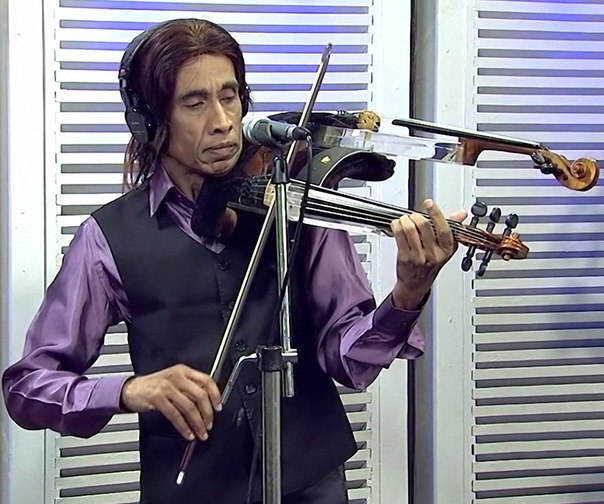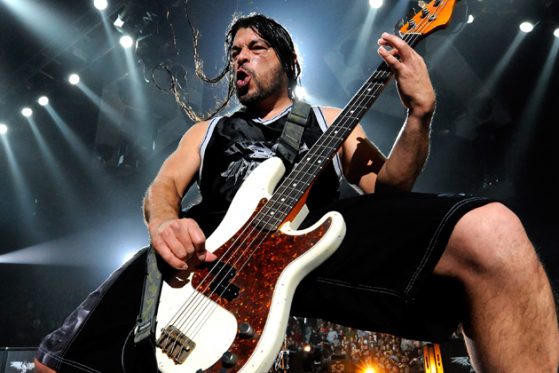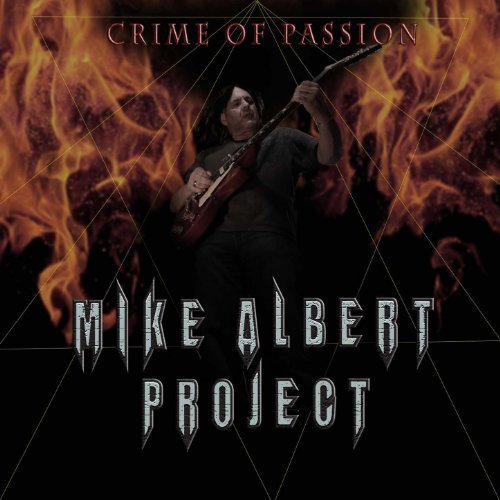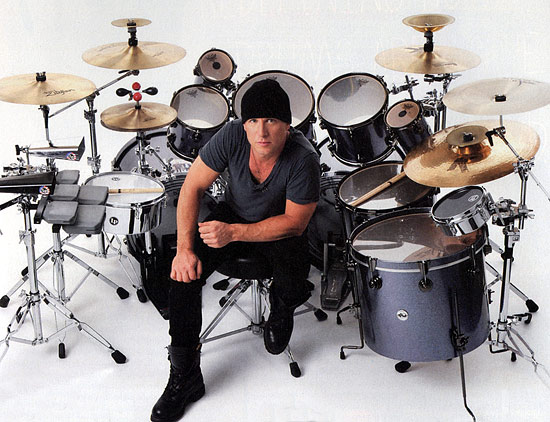Anubhava
experience music
About Concert
The anubhava music festival is aimed at music lovers of all ages and cultures. With superstar musicians, as mentioned, coming together on a project directed by Grammy award-winner Shenkar, we hope to create a new brand of music.
‘Anubhava’ is the Sanskrit word for ‘experience’. All music aims to create an amazing experience. The experience of powerful music has the unique ability to raise the listener to higher levels of energy and consciousness, which improves all aspects of life including physical and mental wellbeing.
KWJ Music presents a first-of-its-kind musical ensemble named anubhava, uniting some of the greatest musicians from all over the world. The aim will be to create the most intense experience or ‘anubhava’ by delving deep into the music itself. The performance will encapsulate the entire evolution of music, beginning from the roots of classical music, and progressing to different powerful forms of music that evolved over time. anubhava will focus heavily on improvisational music, allowing the transitions between different types of music to be fluid and the overall listening experience to be continuous. The selection of music throughout the performance will be designed to take the audience through a fascinating journey of self-discovery.
Proposed date
April 2018 – single day music festival in 4-6 cities
Proposed sites
Australia (Brisbane, Sydney, Melbourne, Perth, Adelaide), New Zealand (Auckland, Wellington)
Artist Biographies

Lakshminarayana Shankar (born 26 April 1950), also known as L. Shankar and Shenkar, is an Indian-born American violinist, singer and composer. He has worked extensively in both traditional music from India, and in jazz, free improvisation and popular music, notably with singer Peter Gabriel in the latter.
As Dongre of Hinduism Today notes, “After obtaining a B.S. in Physics in India, Shankar came to the US in 1969, and earned a Ph.D. in ethnomusicology from Wesleyan University in Connecticut.” His doctoral dissertation was titled “The Art of Violin Accompaniment in South Indian Classical Music”. He worked as a teaching assistant and concert master for the University Chamber Orchestra, and through Clifford Thornton, he met jazz musicians Ornette Coleman, Jimmy Garrison, and John McLaughlin.
Shankar and jazz musician McLaughlin would go on to found Shakti in 1975, with Zakir Hussain and Vikku Vinayakram, a “groundbreaking acoustic group,” which has been referred to as a “pioneering” and “highly influential” east-meets-west collaboration that has a “fluid sound” that manages to successfully combine seemingly incompatible traditions.
Shankar’s first solo album, Touch Me There, was produced by Frank Zappa in 1979. Shankar founded his own band, The Epidemics, in 1982, with the British composer, vocalist and keyboardist Caroline, which released three albums. His 1980 release, Who’s To Know, and Phil Collins’ solo debut, Face Value, introduced the unique sound of his own invention, the ten-string, stereophonic Double Violin. Designed by Shankar and built by noted guitar maker Ken Parker, it covers the entire range of the orchestra’s double bass, cello, viola and violin. next records.
Shankar co-produced a one-hour film directed by H. O. Nazareth in 1990, which went on to be nominated for Best Documentary film at the Cannes film festival. Shankar worked on the score for the film The Last Temptation of Christ (1988), composed by Peter Gabriel, with his music ending up on both albums of the score—Passion: Music for The Last Temptation of Christ and Passion – Sources. He won a Grammy for his work on the latter in 1989.
1996 saw a Grammy nomination for the album Raga Aberi. Shankar has performed on several of Peter Gabriel’s records such as So and Us. Since 1996, Shankar has toured internationally with his niece, and fellow virtuoso violinist Gingger as “Shankar & Gingger”. As World Music Central notes, they have garnered critical acclaim and a growing fan base, performing at world events such as The Concert for Global Harmony and Nelson Mandela’s 80th birthday celebrations. Shankar & Gingger’s first release in the DVD-Audio format, ‘”One in a Million”, was released worldwide on August 7, 2001. After a successful tour of North America, the DVD went to number 1 on the Neilsen Soundscan DVD charts and stayed there for four weeks. In 2004, Gingger Shankar composed music with Shankar and John Debney, and performed on the score for the film The Passion of the Christ (2004).
Shankar has played with an extraordinary number of musical contemporaries, individuals and groups, including:
- John McLaughlin
- Phil Collins
- Frank Zappa
- Peter Gabriel
- Elton John
- Eric Clapton
- Bruce Springsteen
- Van Morrison
- Yoko Ono
- Sting
- Talking Heads
- Lou Reed
- Marianne Faithfull
- U2
- The Pretenders
- Echo & the Bunnymen
- John Lydon
- Dave Stewart
- Toto
- Steve Vai
- Tony Levin
Shankar has been praised for his ability to mix Eastern and Western influences, assimilating Carnatic music with pop, rock, jazz and contemporary world music. He admits: “Ultimately, I would like to bring the East and West together. That, I think, is my role.”
More recently, Shankar has used a new stage name, Shenkar, and has created recordings under this name. In 2006–2007, Shenkar provided the vocals for the opening credit music and other themes for all episodes of the hit TV series Heroes. Lately, he has been working with Jonathan Davis, Stephen Day, and Ana Maria Lombo on their next records.

Roberto Agustin Trujillo is an American musician and songwriter best known as the current bassist of the heavy metal band Metallica, a position he has held since 2003. He was also a member of crossover thrash metal band Suicidal Tendencies, funk metal supergroup Infectious Grooves, and heavy metal band Black Label Society, and has worked with Jerry Cantrell and Ozzy Osbourne.
Trujillo first gained prominence as the bassist for California crossover thrash band Suicidal Tendencies. Initially billed as “Stymee” on the 1989 album “Controlled by Hatred/Feel Like Shit…Déjà Vu”, Trujillo remained in the band until the mid-1990s. Concurrent to his work with Suicidal Tendencies, Trujillo was also a member of the band’s side project, Infectious Grooves, along with vocalist Mike Muir.
Trujillo was a member of Ozzy Osbourne’s band for a number of years starting in the late 1990s. During this time, Trujillo formed an experimental supergroup, Mass Mental, with then Dub War singer Benji Webbe, whose “ragga-punk-metal” outfit had just disbanded. The band released one studio album (exclusively in Japan) and one live album of their performance in Tokyo before disbanding. Zakk Wylde, a personal friend and bandmate from the Ozzy days, also recruited him to play with Black Label Society for a few shows.
Trujillo began playing bass for Metallica on February 24, 2003. The rest of the band now consists of James Hetfield, Kirk Hammett, and Lars Ulrich. He had previously met and befriended his future bandmates when Suicidal Tendencies supported Metallica during the Nowhere Else to Roam tour in 1993, and again during the Shit Hits the Sheds tour one year later. Trujillo received one million dollars from the band as an advance for joining Metallica. His audition and hiring as well as his million dollar payment offer appear in the documentary film Some Kind of Monster. As the current bassist for Metallica, he was inducted into the Rock and Roll Hall of Fame alongside all current members of the band, as well as Jason Newsted (who left the band in 2001) and the late Cliff Burton, for whom Jason Newsted was the replacement, in the 1980s.

Mike Albert is an American guitarist.
In 1985, guitarist Chris Poland left Megadeth during their Killing Is My Business… and Business Is Good! tour and band leader Dave Mustaine asked Albert to take over the position of lead guitarist. They also did shows with Anthrax, Exodus and Slayer, before Poland rejoined the band and Albert left. He’s on several bootleg recordings from the band’s shows. In the late 80s’ Albert and former “Megadeth” drummer Gar Samuelson started the band “Metalist”. Prior to being signed with the label ” Combat Records”, they disbanded.
In 2006, he formed the Albert/Schroeder Experience, a Tribute to Jimi Hendrix, With Mike Albert: Guitar, Jorg Schroeder: Bass, Perry Lopez: Drums and Richard Schroeder: Vocals.
He formed the Mike Albert Project and released their album Afterlife in 2009, which received good reviews and international airplay… Two tracks off the album are also featured on a compilation CD So Cal Metal Countdown. Band members included Jon Escobedo, Richard Schroeder, Angel Lujan and Bernie Pershey.
On January 27, 2014, Maximized Entertainment released his new album Crime of Passion. His song “Drive” is the theme song for “Indie Power T.V.”, a worldwide interview show featuring the top Musicians in the industry.
For the past decade, Albert has been working with Grammy winning virtuoso violinist and vocalist L. Shankar (Shenkar). They have worked on multiple projects together and have toured the world showcasing a unique blend of East meets West fusion.
Albert currently is recording a new album with some world renowned musicians.

Stephen Andrew Perkins (September 13, 1967) is an American musician and songwriter. A drummer and percussionist, he currently plays with Jane’s Addiction and Hellflower.
Following the dissolution of Jane’s Addiction, Perkins continued to play with frontman Perry Farrell in the rock band Porno for Pyros. He also has a solo project called Banyan, and in the 1990s was involved in Lil’ Pit with Mike Watt.
In 1992, he appeared as percussionist on Rage Against the Machine’s “Know Your Enemy” and in 1995, contributed percussion to the Red Hot Chili Peppers songs “One Big Mob” and “Warped” on their album One Hot Minute (fellow Jane’s Addiction member Dave Navarro was the guitarist for the Chili Peppers during the making of that album).
Perkins also played drums on the Nine Inch Nails album The Downward Spiral on the track “I Do Not Want This”. In addition to Banyan, Perkins worked with Jane’s Addiction guitarist Dave Navarro, Jane’s Addiction bass player Chris Chaney and singer/guitarist Steve Isaacs on a project entitled The Panic Channel from 2004 until 2007.
Perkins was also involved with members of Suicidal Tendencies in their Infectious Grooves side project, as well as Hellride, a Los Angeles-based Stooges cover band. Jane’s Addiction reunited and played at the NME Awards in April 2008, and have since played a few club shows.